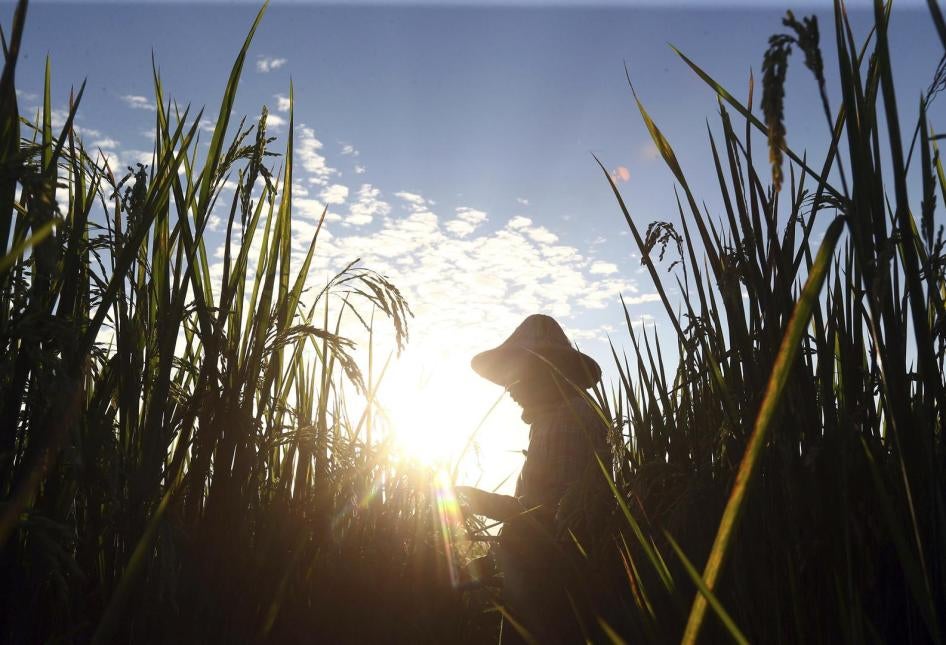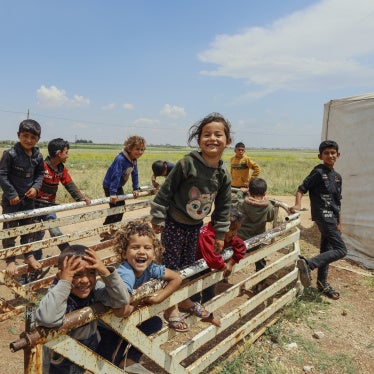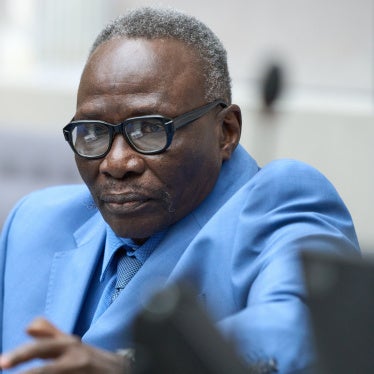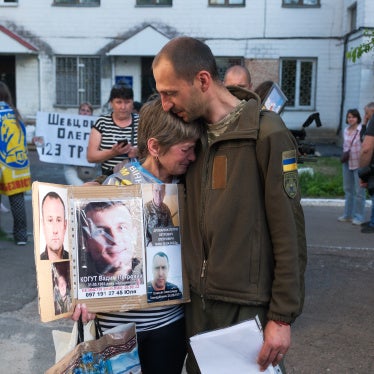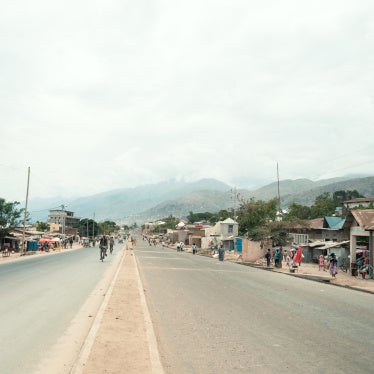(New York) – The Myanmar government should immediately suspend implementation of a law requiring claims to be made by March 11, 2019 under the Vacant, Fallow, Virgin (VLV) land management law, Human Rights Watch said today. Instead, the government should undertake an open and inclusive consultation on land issues with the full participation of civil society and affected communities, including ethnic communities whose members have been displaced by armed conflict.
The law, amended in September 2018, requires anyone occupying or using “vacant, fallow, or virgin” land to apply for an official permit to use the land for 30 years or face eviction and up to two years in jail. The law creates incentives for authorities to take land from traditional communities that have for generations passed down land to their children by traditional or informal means. The law also opens the possibility that businesses and private companies can make claims to this land, adding to the potential for land conflicts.
“Large numbers of people in Myanmar are unaware of the law and the risks of not filing a claim, or have been displaced by armed conflict and are unable to file for a permit,” said Brad Adams, Asia director. “This law could result in millions of people losing their land rights or risk being charged with trespass for remaining on land they have lived or worked on their whole lives. If this is mishandled, it could even spark widespread civil unrest and a return to armed conflict in parts of the country.”
Since the transition from the military government to a quasi-civilian-led government in 2011, the authorities have sought to address the issue of land confiscations. Former President Thein Sein instituted multiple reforms, including the passage of the Farmland Law and the VLV law, the adoption of the National Land Use Policy and a commission to investigate claims of confiscated land. However, by the time the newly elected National League for Democracy-led government took office in 2016, many thousands of confiscated land claims remained unresolved.
The amended VLV law was passed in September 2018 with the hope of addressing outstanding land claims. However, the law remains controversial and is opposed by more than 340 nongovernmental organizations.
The government classifies about 50 million acres—more than 20 million hectares, or a third of the total land area of Myanmar, as vacant, fallow, or virgin land. Much of it is used for farming in ethnic minority regions. The most vulnerable communities include those displaced by conflict, whose members already have problems accessing their land or local government offices.
Since the military took power in 1962, the Myanmar government and military officials have seized vast swathes of land from farmers with little or no compensation. This has denied them livelihoods and eroded access to basic services while leading to distrust of the authorities. Many farmers have faced criminal prosecution for protesting the lack of redress and refusing to leave or cease work on the land that was taken from them.
The government’s policy on land management risks destabilizing ongoing efforts of a peace process. The law and March 11 deadline are likely to exacerbate existing tensions between minority groups and the army, the most powerful governmental entity in conflict areas, and the National League for Democracy-led government.
“The land law should be suspended and the government should ensure there are no arrests or criminal charges for peaceful assembly, protests or criticism,” Adams said. “In a country where subsistence farming is the main livelihood, the land law should focus on protecting the rights of small landholders, the poor, and the displaced. Otherwise powerful interests will swoop in and leave huge numbers of people landless and without any means of survival.”
